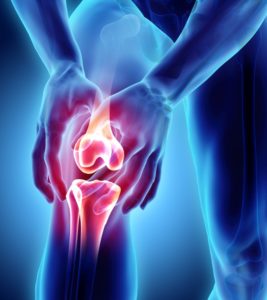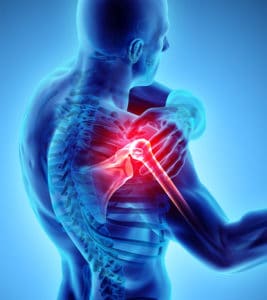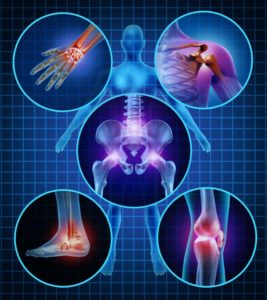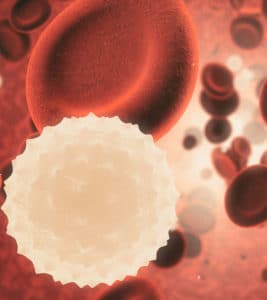Shoulder Arthritis
What is Shoulder Arthritis?
Arthritis of the shoulder causes patients to feel chronic shoulder joint pain, stiffness, and weakness.
Shoulder arthritis is essentially wear and tear of the shoulder joint, which leads to a breakdown of the articular cartilage. Cartilage is the smooth, white coating on the ends of each bone at the joint area. This coating allows the joint to move smoothly and freely with no pain. As cartilage degenerates over time from wear and tear, the bones are exposed and rub against each other, causing patients to experience shoulder joint pain.
The two distinct joints within the shoulder that can become affected by arthritis include:
- The acromioclavicular (AC) joint- where the clavicle (collarbone) meets the acromion (bony roof of the scapula).
- The glenohumeral joint- where the ball of the humerus (upper arm bone) meets the glenoid (socket).
Patients may experience one or more forms of shoulder arthritis, including:
- Osteoarthritis (OA) – Gradual degeneration of cartilage from normal wear and tear.
- Post-traumatic arthritis – Occurs after an acute or traumatic injury to the joint, such as a hard fall or blunt force. The joint may still experience arthritis after the damage is healed because of mechanical changes within the shoulder joint.
- Rheumatoid arthritis (RA) – An autoimmune condition when the body’s own immune system attacks and destroys its own cartilage.
What are the Symptoms of Shoulder Arthritis?
- Shoulder joint pain with active motion due to grinding of bone against bone
- Fluctuating mild or sharp pain
- Shoulder stiffness, weakness, and grinding sensation
- Difficulty lifting or moving the arm
How do you know if you have Shoulder Arthritis?
Dr. Natividad will perform a thorough physical examination to determine the precise area of pain and tenderness. A series of x-rays and a possibly an MRI will be ordered to rule out other injuries and confirm the diagnosis.
What are the Treatment options for Shoulder Arthritis?
- Resting the shoulder
- Avoiding activities that cause pain and discomfort
- Anti-inflammatory medications
- Cortisone injection
- Physical therapy
When do you need Surgery for Shoulder Arthritis?
In severe cases when non-surgical treatment has failed, Dr. Natividad may recommend a shoulder replacement. The type of shoulder replacement will depend on whether the rotator cuff tendons are intact or torn. This surgical treatment restores joint function by replacing the damaged ball and socket with synthetic surfaces.













